There comes a point in every reign when the whispers begin.
For Dave Lewis that time has come, courtesy of the Daily Mail, which today reported that another round of disappointing figures had “heaped more pressure” on the Tesco CEO. And earlier today JP Morgan joined in, warning of a potential 15% slide in the value of Tesco shares.
The “honeymoon period looks to be over for Lewis” we were told by proactiveinvestors.co.uk, always a polite euphemism for the knives being unsheathed. But Dave Lewis has never had a honeymoon at Tesco. Quite the opposite in fact; he abandoned his sun-lounger last August to take over as CEO two weeks earlier than planned and walked straight into a soap opera. Whatever his thoughts were on the size of the challenge that awaited him beforehand, and in his more positive moments he must have been relishing it, the reality has been unrelentingly tough.
It’s all been well documented, of course. The accounting scandal, the subsequent suspensions, the £6.38bn loss that added up to the worst results in Tesco’s history. And they are just the major plot points of the sorry saga. Lewis deserves credit for navigating Tesco through in one piece, making some major decisions along the way (and a host of smaller ones, too). Not all have been viewed as wise by sage industry observers, but that’s par for the course. And it’s no use having a flip-flopper or a ditherer in the hot seat.
As far as we can tell, he’s doing a sound job. In March, Kantar Worldpanel revealed all those decisions had added up to a rare thing for Tesco; a bright spot. “Among the big four supermarkets Tesco has been the standout retailer,” said Fraser McKevitt, head of retail and consumer insight. “It has posted its strongest performance in 18 months with sales up 1.1% compared with a difficult 2014.”
Then, yesterday, things took a depressingly familiar turn. Kantar reported that Tesco sales had dropped by 1.3%. And now Lewis is “under pressure”.
Somehow, I think he’ll cope. Tesco will struggle to enjoy the market share it once did, which peaked at 31.7% in 2007. Eight years on it has more competition, so the market has more choice. Aldi, for instance, had a market share of 2.3% in 2007. Yesterday it stood at 5.4%. Aldi is now bigger than Waitrose. Lidl had 2.6% in 2007, today it has 3.9%. Combined the pair have all but doubled in size. Of course they haven’t just lifted market share from Tesco, the big four have all been affected, but a structural change has taken place and inevitably Tesco has been impacted.
So Lewis won’t be thrown off course by the whispers, which are, to say the least, premature. Anyone who thinks the pressure has suddenly been increased clearly hasn’t been paying attention; if anything this is a period of calm. Not to dismiss the Kantar figures entirely, but Tesco’s 1.3% dip can be viewed in the same way as Morrison’s 0.1% uptick over the same period – both will have little bearing on the long-term strategic decisions being made to shape the future of both. And as much of Lewis’ turnaround plan has yet to be even implemented perhaps he needs to be cut some slack – for a little while at least.



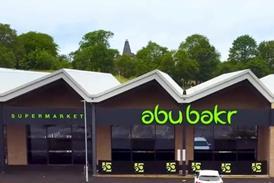



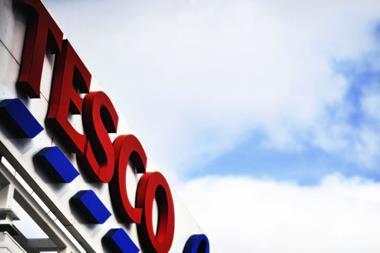
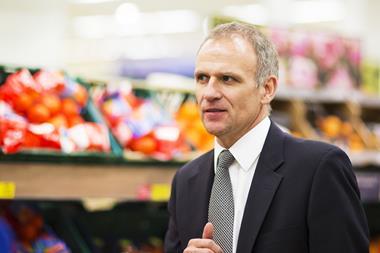
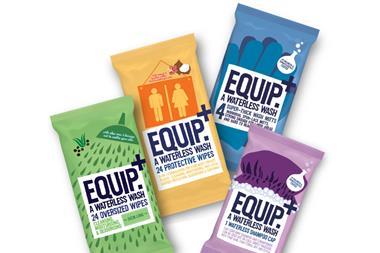

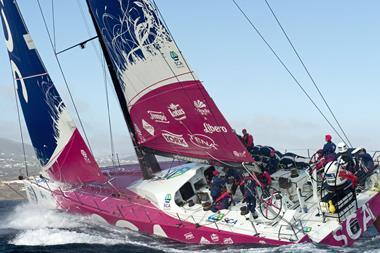
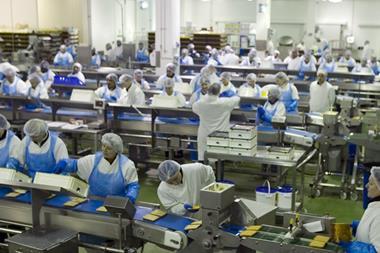


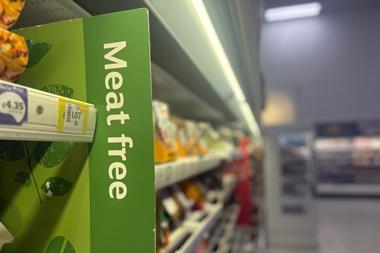

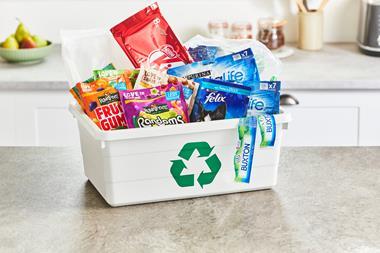
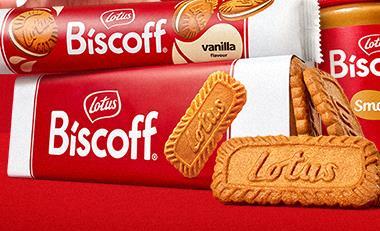
No comments yet